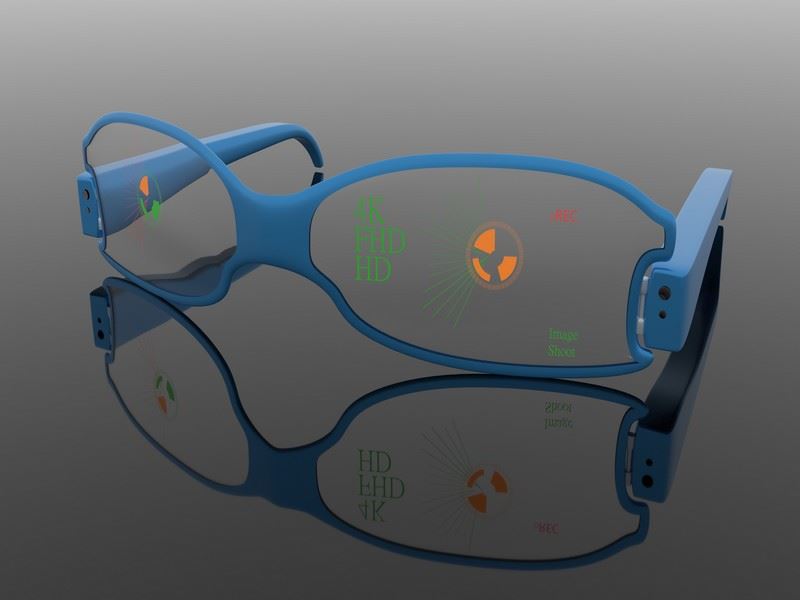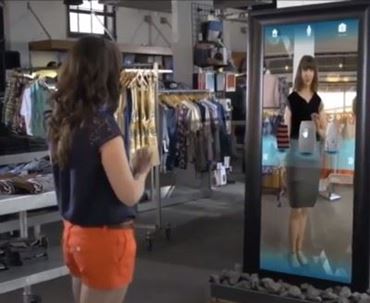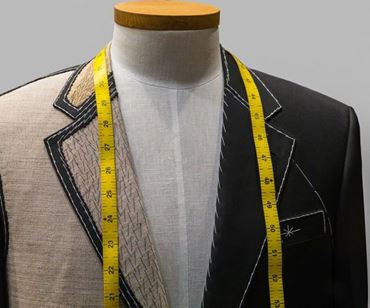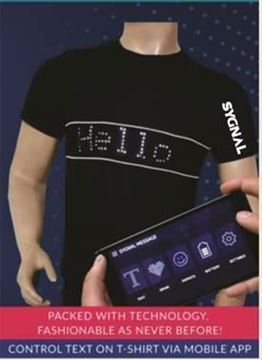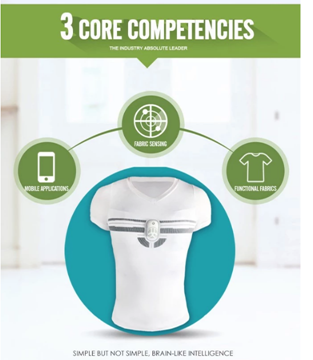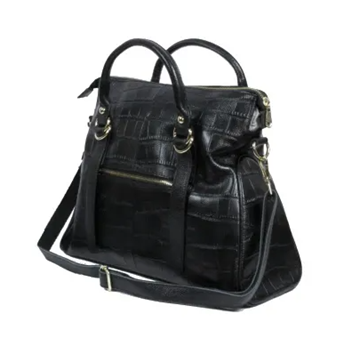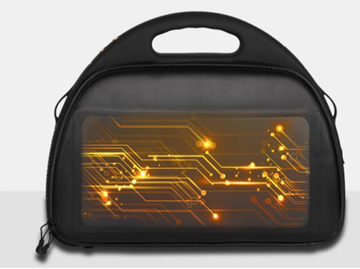Cookies help us deliver our services. By using our services, you agree to our use of cookies.
Welcome to C2C Virtual Shop
Shop Factory Direct
Lifestyle and Smart Products
CryptoCurrency
Payment Accepted
Featured Categories
Featured products
C2C BROADCAST T-SHIRT
C2C BROADCAST T-SHIRT - You can Instantly Display & Edit Text / Draw / Animate on the LED Panel of the T-Shirt via our Mobile App, even display your Facebook / Twitter Status of whatever Creativity You can conjure up to Boost your Brand & make it Stand Apart at Conferences / Expos / Sales Visits etc. or even GRAB ATTENTION @ SOCIAL EVENTS…!!
$150.00
excluding shipping
C2C CYCLIST'S T-SHIRT
C2C CYCLIST'S T-SHIRT With our initial offerings – the cyclist’s jersey and the biker’s jacket – we have already taken the first step on the journey of a thousand miles.
$150.00
excluding shipping
C2C LED Programmable Backpack
Play It Cool with C2C LED Programmable Backpack
$198.00
excluding shipping
C2C Solar Power Handbag
Solar Multi-functional smart charging bags with BT
C2C Solar Power Handbag
$250.00
News
C2C Circular Economy
-Thursday, May 2, 2024
C2C Fashion and Technology gives manufacturer and consumer the ability to interact from time of conception to the end of a life cycle of a product with complete transparency and sustainability.
Made 2 measure fast fashion will give fast fashion a new concept in design, manufacturing and distribution.
New fashion concept will be about functionality, customization and longevity.
C2C Fashion and Technology 2024
-Thursday, May 2, 2024
C2C Fashion and Technology A Global Digital Fashion and Technology Ecosystem focused on Cognitive Commerce. This forward-looking approach involves a seamless integration of "smart products, smart networks, and smart factories" designed to cater to the needs of smart cities. We are Capturing the fusion of AI-driven insights, smart technologies, and data-driven strategies to create a seamless and personalized commerce experience for customers.
C2C Fashion and Technology Road Map
-Thursday, May 2, 2024
Introducing C2C Fashion and Technology: Shaping the Future of Fashion-Tech
Purpose:
C2C Fashion and Technology are leading the charge in the monumental shift from analog to digital systems. Our mission is to pioneer this transition by harnessing the power of artificial intelligence, robotics, and interconnected IoT technologies. We're not just reshaping industries; we're redefining their essence, creating a dynamic ecosystem where innovation and efficiency converge.
Community poll
Do you like C2C V-Shop?


